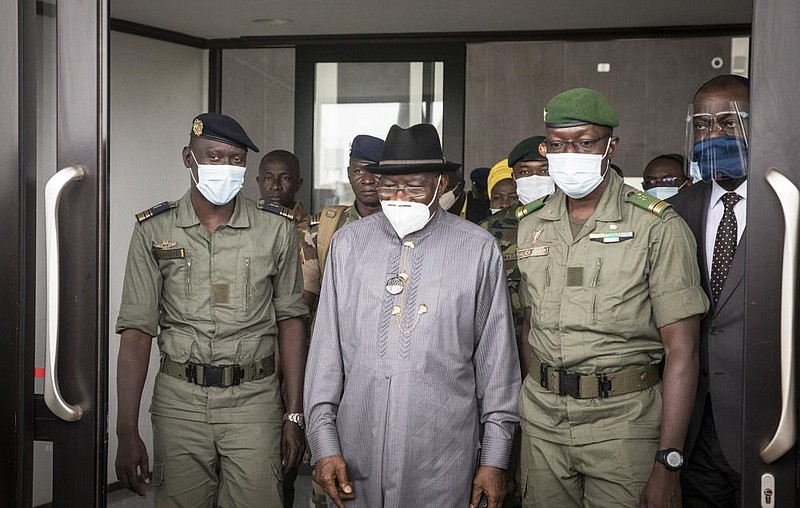There are no products in your shopping cart.
| 0 Items | £0.00 |


MALI'S new government has been sworn-in in the capital Bamako today after the interim president Bah Ndaw named the members of his cabinet who will govern the country for the next 18 months.
On August 18, the Malian military seized power toppling president Ibrahim Boubacar Keita and prime minister Boubou Cisse. Following the takeover, President Keita announced his resignation on national television and both men were taken into custody at an army facility the Kati military base on the outskirts of Bamako.
However, the Economic Community of West African States (Ecowas), quickly condemned the coup, closed all land and air borders with Mali and will now push for sanctions against the new junta. Former Nigerian president Dr Goodluck Jonathan made repeated trips to Bamako, the Malian capital in search of a deal that will allow democracy to be returned to Mali.
Initially, the Malian junta had wanted to remain in office for three years but under pressure from Ecowas, it finally agreed to go after 18 months. As part of the Ecowas deal, the Milan junta was to appoint a civilian to head the administration and it went for Mr Ndaw, a 70-year-old retired colonel.
Mr Ndaw will lead the transition government for a maximum of 18 months before organising national elections. Colonel Assimi Goita, who led the military junta, was also sworn-in today as interim vice president.
Today's ceremony took place in a theatre filled with officials dressed in military fatigues, senior judges and foreign diplomats. During the ceremony, supreme court chief prosecutor Boya Dembele, said the challenges facing both men were enormous.
“It will truly require a reformulation of the state,” said the judge, dressed in red fur-lined robes. Dr Jonathan added: “We are optimistic that this event will signal the beginning of the return to normalcy in Mali."
Last month’s coup followed weeks of mass protests against President Keita, spurred by frustrations over a brutal jihadist conflict, perceived corruption and the country’s slumping economy. Mali has struggled to quell an eight-year-old Islamist insurgency which has claimed thousands of military and civilian lives.